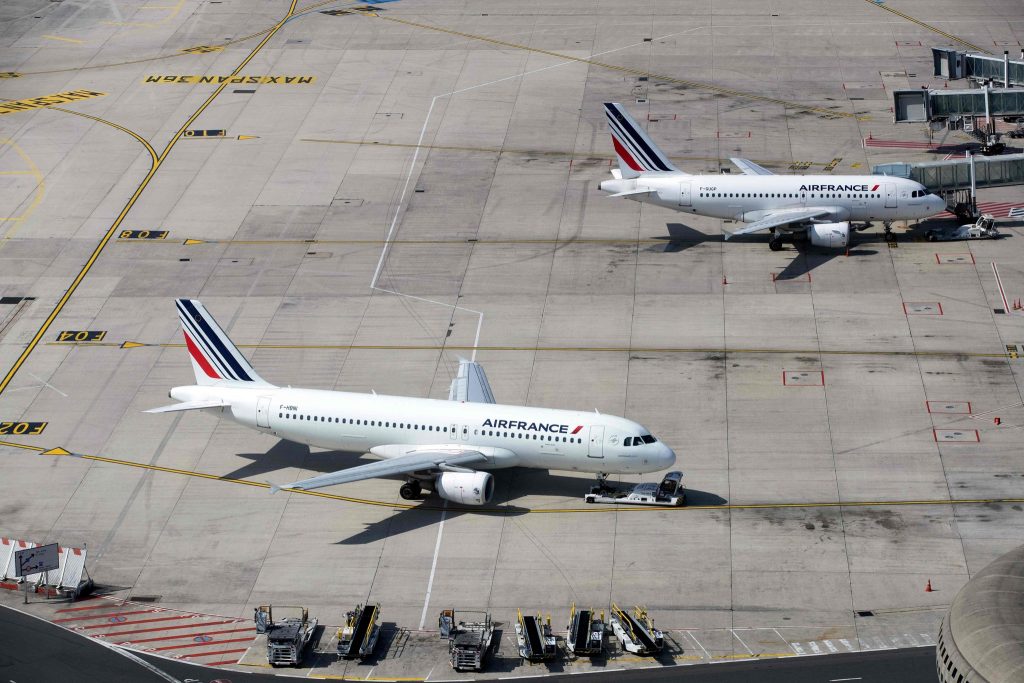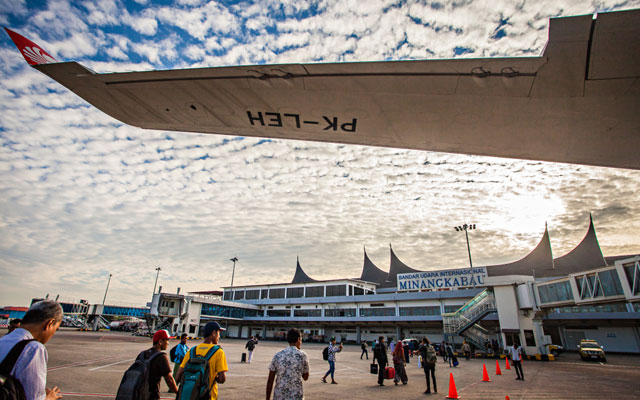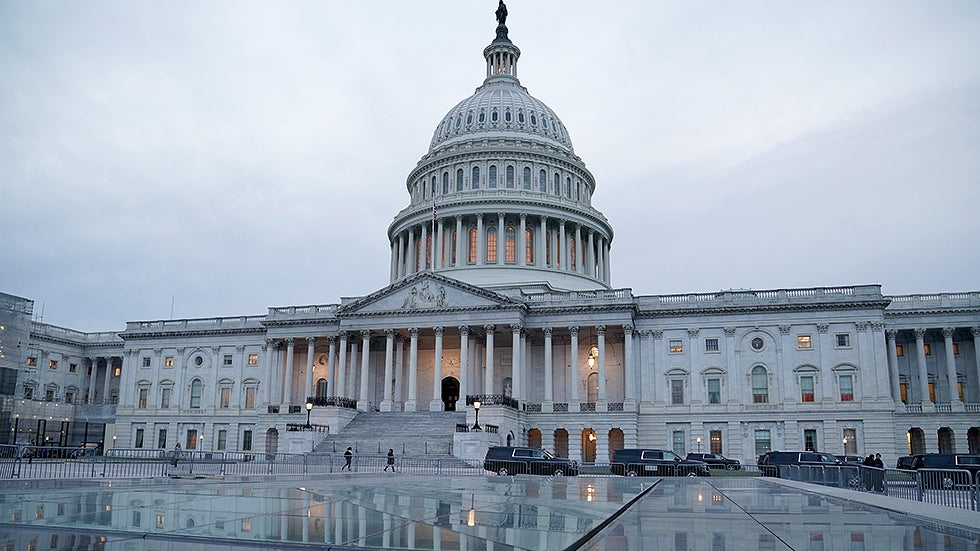In December 2019, China saw a new virus that affected almost everyone in the whole of China. This new virus is the novel coronavirus, later named COVID-19. With the first death recorded in January 2020,
In December 2019, China saw a new virus that affected almost everyone in the whole of China. This new virus is the novel coronavirus, later named COVID-19. With the first death recorded in January 2020, China ensured to stop the propagation of the virus by installing a national lockdown and an international travel ban. Soon, countries followed the example and started to close their borders to China but not to their citizens. Some countries have called for their citizens to come back as soon as the outbreak was announced in China. The travel ban installed in China was soon followed by Japan, South Korea, Thailand, Singapore, Malaysia, and other East Asian countries. The international community stopped all the on-going flights to China to prevent the virus from entering their territories, unfortunately it did travel and landed in Lombarby in Italy. Slowly, the whole of Italy was infectious, and people started being tested positive to this virus. As of now, the death rate in Italy has surpassed the one in China.

Gradually, the European countries started getting infected and they soon decided to close their borders to Italy in order to reduce the propagation. Well, it was quite a smart move if it didn’t affect the tourism industry. As more tourists seek rescue to countries like Mauritius, South Africa, the US and the South American countries. Lest, they knew that they are bringing the virus with them. The traveling once allowed to every citizen; the virus also got to travel with them. As we know the symptoms of the COVID-19 does not show up immediately, it starts to show up within 3 to 14 days, thus increasing the chance of other people being infected.
In all this turmoil, the tourism industry has taken a huge blow as more people have been affected and have cancelled their trips to other countries. Since the travel ban has been installed and the lockdown of most countries, several tourists have regretted their trips. In most countries, tourists have been evacuated in order to protect them against the virus. Some governments have preferred not to evacuate their citizens as they are unknowingly the carriers of the virus. Thus, increasing the propagation of the virus all over the world. Today, the coronavirus COVID-19 is affecting 196 countries and territories around the world and 1 international conveyance (the Diamond Princess cruise ship).

Due to this pandemic, most hotels have been turned into quarantine centers as hospitals are getting overcrowded as this virus continues to spread. Most hotels in Italy are refusing tourists from other countries. Airlines, hotels, and cruise carriers have already been suffering from the outbreak of the virus around the world, but the ban of European travelers to the U.S. threatens harm to numbers of other industries, including hospitality, food service, retail and entertainment. Luxury retailers stateside have already been hit by the sharp decrease in Chinese visitors to the United States, Phibbs said. Though perhaps not quite to the same extent, European travelers, who find that the favorable currency exchange rate, often arrive stateside ready to shop.
Hotels, of course, will also be impacted by a smaller number of visitors—beyond the European travel ban, trepidation around travel is at a high, which is resulting in lower-than-normal occupancy rates. Seattle, which has seen some of the highest rates of infection of any U.S. city, is seeing average hotel occupancy rates of 52%, and restaurants report being about 40 to 45% full.

Travel is sort of changed forever in some ways, and in other ways, through the end of the year, people are going to be very cautious about leaving their homelands and not being allowed back in. As occupancy rates continue to drop, hotels need to prioritize the services they offer to consumers beyond rooms for the night, such as hotel restaurants and spas. Staffs banding together to get creative on finding solutions in these trying times. The time is now to really take the staff and strategize and make everyone in your hotel a part of it, from the doorman to housekeeping. Everybody’s got idea, and everybody’s interested in keeping their job. Whatever that takes, now is the time to really focus on it.
However, the European travel ban does clear up some of the mystery surrounding this situation. Rather than speculating over a potential lack of customers due to fears over international travel, businesses are now armed with a certain level of knowledge that can help them to prepare for the future. For those travelers who chose to continue with their travels, the association urged tourism stakeholders to remind their customers to practice the basic hygiene advice stipulated by the World Health Organization (WHO) to mitigate the spread of the disease.
The question now is, “will the tourism industry be able to relive after this trauma”. Well, an initiative that has started in China and other East Asian countries, it is the in-country tourism where the locals travel and increase the business of the hotels. All we have now is hope for a better and brighter tomorrow!

